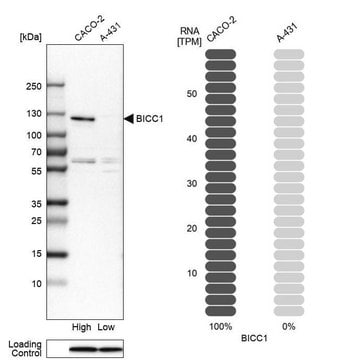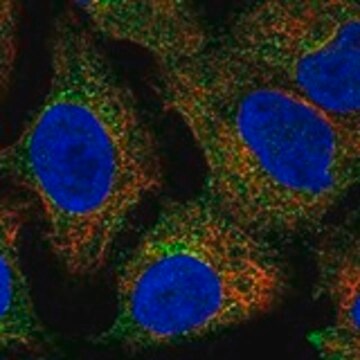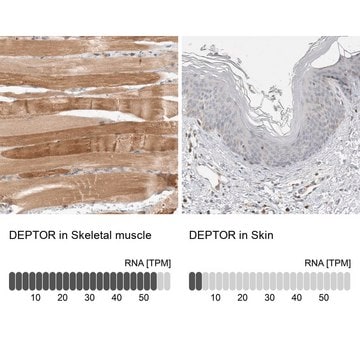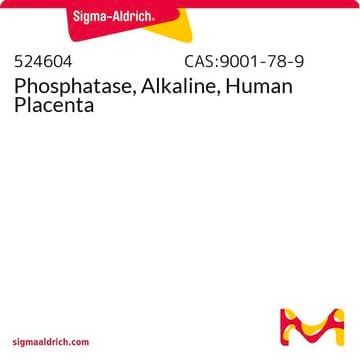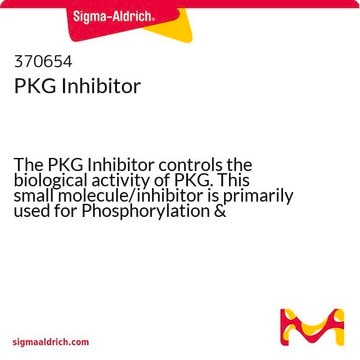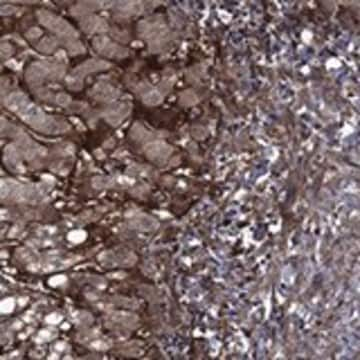MABE344
Anti-BICC1/Protein Bicaudal C Homolog 1 Antibody, clone 2D9.1
clone 2D9.1, from mouse
Synonyme(s) :
Protein bicaudal C homolog 1, Bic-C
About This Item
Produits recommandés
Source biologique
mouse
Niveau de qualité
Forme d'anticorps
purified immunoglobulin
Type de produit anticorps
primary antibodies
Clone
2D9.1, monoclonal
Espèces réactives
human, mouse
Technique(s)
immunoprecipitation (IP): suitable
western blot: suitable
Isotype
IgG1κ
Numéro d'accès NCBI
Numéro d'accès UniProt
Conditions d'expédition
wet ice
Modification post-traductionnelle de la cible
unmodified
Informations sur le gène
human ... BICC1(80114)
Description générale
Spécificité
Immunogène
Application
Epigenetics & Nuclear Function
RNA Metabolism & Binding Proteins
Immunoprecipitation Analysis: 9 µg from a representative lot immunoprecipitated exogenously expressed human BICC1 isoforms 1 and 2 from 0.5 mL (~50-100 mg) of HEK293 transfectants lysates (Courtesy of Dr. Thomas Tuschl laboratory, The Rockefeller University, New York, NY).
Qualité
Western Blotting Analysis: 0.2 µg/mL of this antibody detected 10 µg of recombinant human BICC1.
Description de la cible
Forme physique
Stockage et stabilité
Autres remarques
Clause de non-responsabilité
Vous ne trouvez pas le bon produit ?
Essayez notre Outil de sélection de produits.
Code de la classe de stockage
12 - Non Combustible Liquids
Classe de danger pour l'eau (WGK)
WGK 1
Point d'éclair (°F)
Not applicable
Point d'éclair (°C)
Not applicable
Certificats d'analyse (COA)
Recherchez un Certificats d'analyse (COA) en saisissant le numéro de lot du produit. Les numéros de lot figurent sur l'étiquette du produit après les mots "Lot" ou "Batch".
Déjà en possession de ce produit ?
Retrouvez la documentation relative aux produits que vous avez récemment achetés dans la Bibliothèque de documents.
Notre équipe de scientifiques dispose d'une expérience dans tous les secteurs de la recherche, notamment en sciences de la vie, science des matériaux, synthèse chimique, chromatographie, analyse et dans de nombreux autres domaines..
Contacter notre Service technique